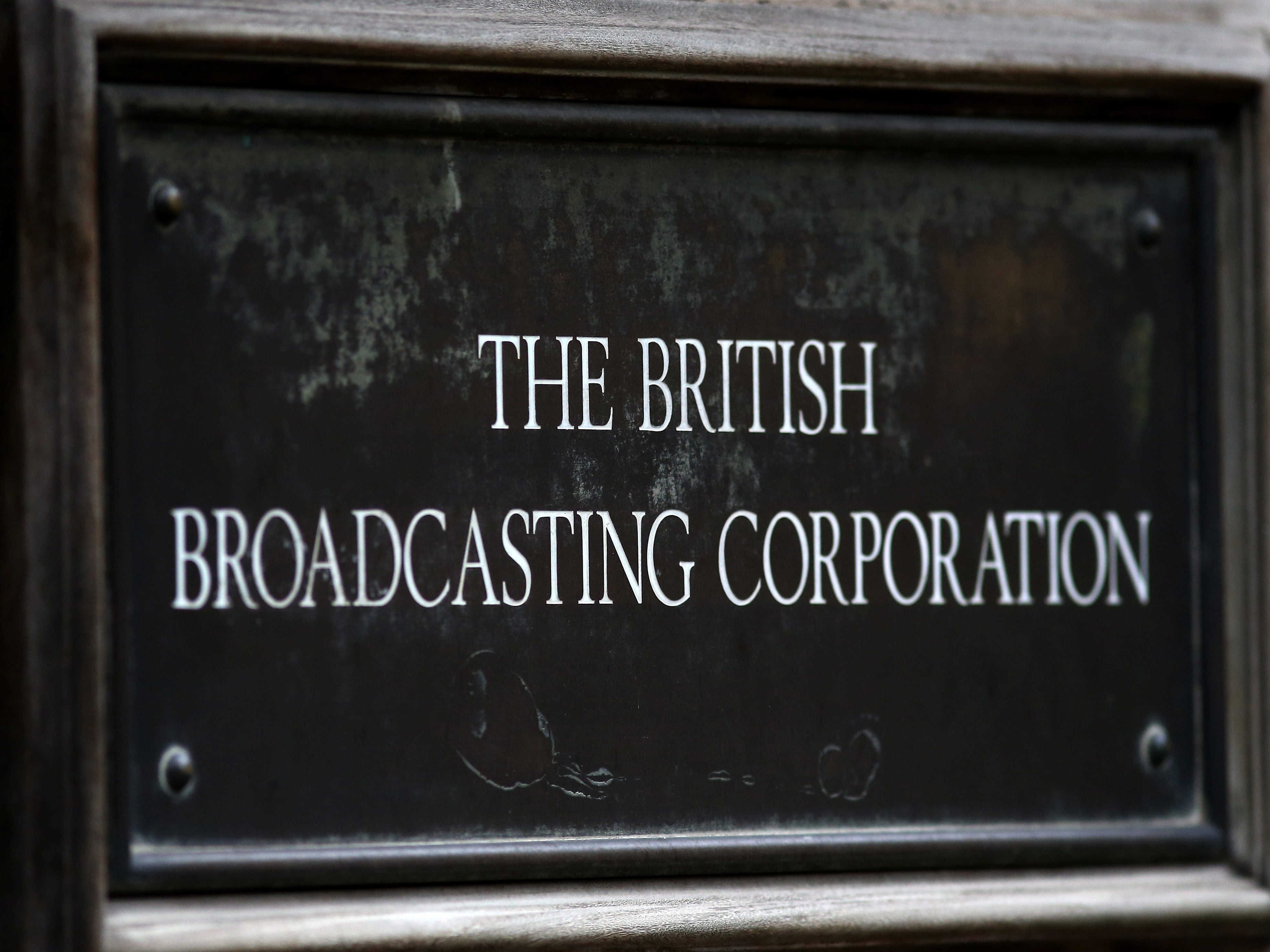
A group of major news publishers and tech giants has revealed plans to collaborate in the fight against fake news.
Those taking part have pledged to work together to counter disinformation that “threatens human life” or has the potential to disrupt elections.
Publishers and tech giants involved in the BBC’s anti-fake news squad include the Financial Times, Reuters, Facebook and Google.
The BBC also claimed it is in talks with Twitter about “areas of potential collaboration”.
The project came together after the BBC hosted representatives from each of the partners at its Trusted News Summit earlier this summer.
Those at the summit agreed to take joint action on “various initiatives” to counter fake news, according to the BBC, which added that further details would come at a later date.
The initiatives include the creation of an “early warning system” that would allow the publishers and tech giants to alert each other to “disinformation which threatens human life or disrupts democracy during elections”.
The cohort also has plans to run a joint media education campaign and create common ways to tell people how and where to vote during elections.
BBC director general Tony Hall said fake news and disinformation were “threats to us all”, adding: “At its worst, it can present a serious threat to democracy and even to people’s lives.
“This summit has shown a determination to take collective action to fight this problem and we have agreed some crucial steps towards this.”
Earlier this year, Lord Hall described fake news as “the poison in the bloodstream of our societies”.
The BBC-led group is set to put its planned initiatives under “fire drill” tests before they are rolled out.
Other participants include AFP, Microsoft, the European Broadcasting Union, the Wall Street Journal, The Hindu, the Canadian Broadcasting Corporation, and First Draft.
FT managing editor James Lamont said the title was “delighted to participate”, adding: “Fake news undermines well-informed democratic debate . . . It also destroys public confidence in media and adds to the financial pressures facing quality news organisations.”
The group’s creation comes after MPs recommended in February that large fines should be dished out to social media companies that allow harmful content to appear on their platforms.
Picture: Reuters/Neil Hall
Email pged@pressgazette.co.uk to point out mistakes, provide story tips or send in a letter for publication on our "Letters Page" blog
